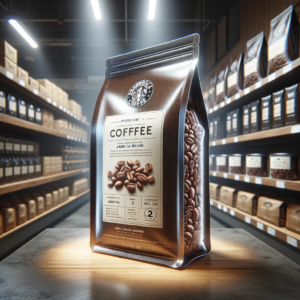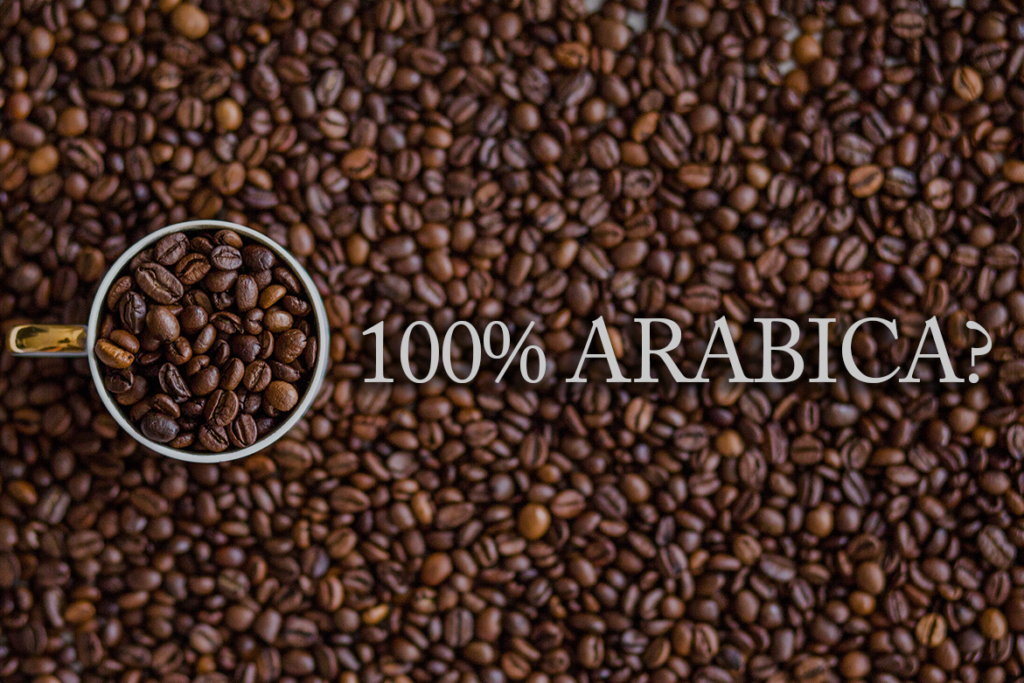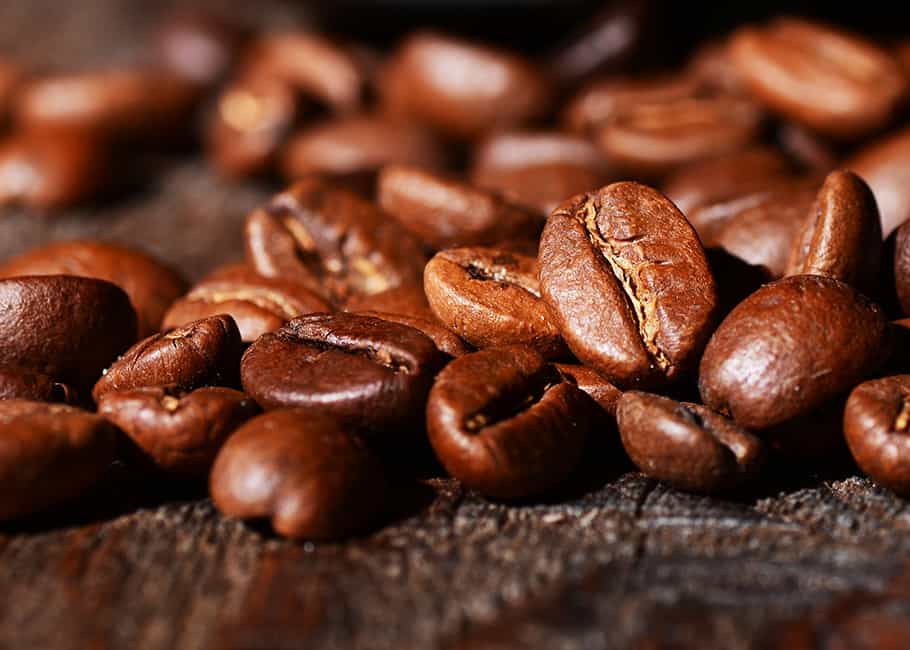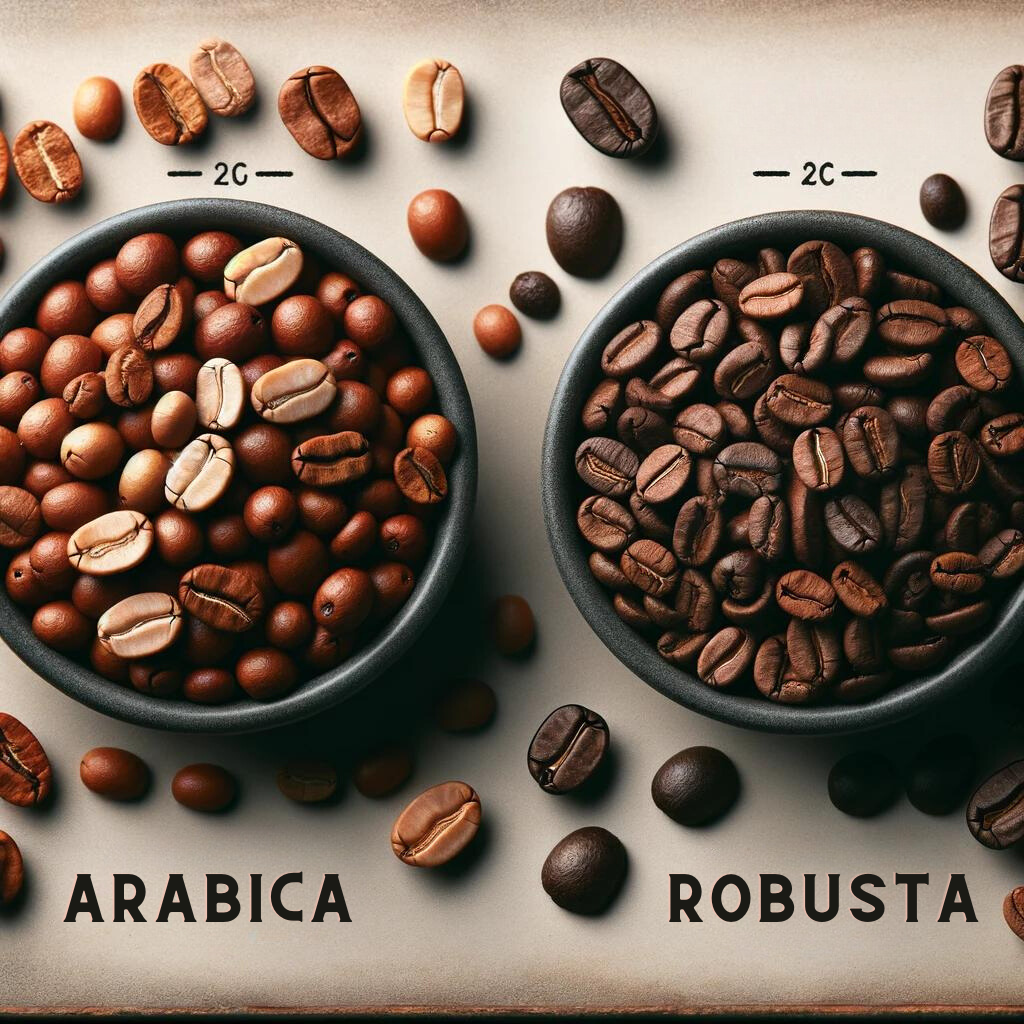100 Percent Arabica Coffee Explained
If you’ve ever found yourself standing in the coffee aisle, staring at a bag of coffee beans labeled “100 percent Arabica,” and wondered what it means, you’re not alone. This term is often thrown around in the coffee industry, but what does it really mean? In this article, we’ll delve into the world of Arabica coffee and explain why it’s considered a mark of quality.
What is Arabica Coffee?
Arabica coffee is a species of coffee that is known for its superior taste and quality. It’s grown in various parts of the world, including Latin America, Africa, and Asia. The beans are cherished for their delicate flavors, pleasant acidity, and enticing aromas.
Decoding the Label: 100 Percent Arabica
When a coffee is labeled as “100 percent Arabica,” it means that all the coffee beans used in the product are Arabica beans. This is a significant distinction in the coffee industry, as it indicates that the coffee is made from the highest quality beans, promising a superior coffee experience.
Arabica vs. Robusta
When it comes to coffee, Arabica and Robusta are the two heavyweights. Arabica coffee is often described as having a smoother, more nuanced flavor profile, while Robusta coffee is known for its stronger, more bitter taste. Additionally, Arabica beans contain less caffeine compared to Robusta beans.
Arabica Quality and Characteristics

Arabica beans are celebrated for their desirable characteristics. They offer a complex flavor profile, with notes ranging from fruity and floral to chocolatey and nutty. They also have a lower acidity compared to Robusta beans, which makes them a favorite among many coffee drinkers.
To identify 100 percent Arabica coffee, look for labels or certifications that indicate the coffee’s origin and quality. Certifications like Fair Trade, Rainforest Alliance, and Organic are good indicators of quality and sustainable farming practices.
Why 100 Percent Arabica is a Mark of Quality
The term “100 percent Arabica” is highly valued in the coffee industry. Arabica coffee beans are generally considered to produce a more refined and enjoyable cup of coffee compared to Robusta beans. The complex flavors and lower acidity of Arabica beans contribute to a smoother and more balanced taste.
Arabica coffee beans are often grown at higher altitudes, which results in slower maturation and denser beans. This slower growth process allows the flavors to develop more fully, resulting in a richer and more nuanced coffee experience.
How to Identify 100 Percent Arabica Coffee

Identifying 100 percent Arabica coffee involves a few key steps. First, check the packaging for any indications that the coffee is made exclusively from Arabica beans. Look for labels or certifications that guarantee the coffee’s origin and quality.
Also, consider purchasing coffee from reputable sources, such as specialty coffee shops or roasters. These establishments often prioritize quality and are more likely to offer 100 percent Arabica options.
The History and Origins of Arabica Coffee
Arabica coffee has a rich and fascinating history. It’s believed to have originated in the highlands of Ethiopia, where it was first cultivated over a thousand years ago. From there, it spread to other parts of Africa and eventually made its way to the Americas through colonization and trade.
Today, Arabica coffee is grown in numerous countries around the world, each contributing its unique flavors and characteristics to the coffee industry. Some of the most renowned coffee-producing countries include Brazil, Colombia, Ethiopia, and Costa Rica.
Frequently Asked Questions About Arabica Coffee
What is the difference between Arabica and Robusta coffee?
Arabica coffee is known for its superior taste and quality, with a more nuanced flavor profile and lower acidity compared to Robusta coffee. Robusta coffee, on the other hand, tends to be more bitter and harsh in taste and contains more caffeine.
How can I tell if a coffee is 100 percent Arabica?
To identify 100 percent Arabica coffee, look for labels or certifications on the packaging that indicate the coffee’s origin and quality. Additionally, purchasing coffee from reputable sources, such as specialty coffee shops or roasters, can increase the likelihood of getting 100 percent Arabica coffee.
Look out for 100% arabica coffee
Understanding what 100 percent Arabica coffee means and its significance in the coffee industry can enhance your coffee experience. Whether you’re a coffee enthusiast, a home brewer, or simply someone who appreciates a good cup of joe, exploring the world of Arabica coffee can be a rewarding journey.
To explore our selection of 100 percent Arabica coffee beans and learn how to brew the perfect cup of Arabica coffee at home, check out our latest posts or shop our online store today.


